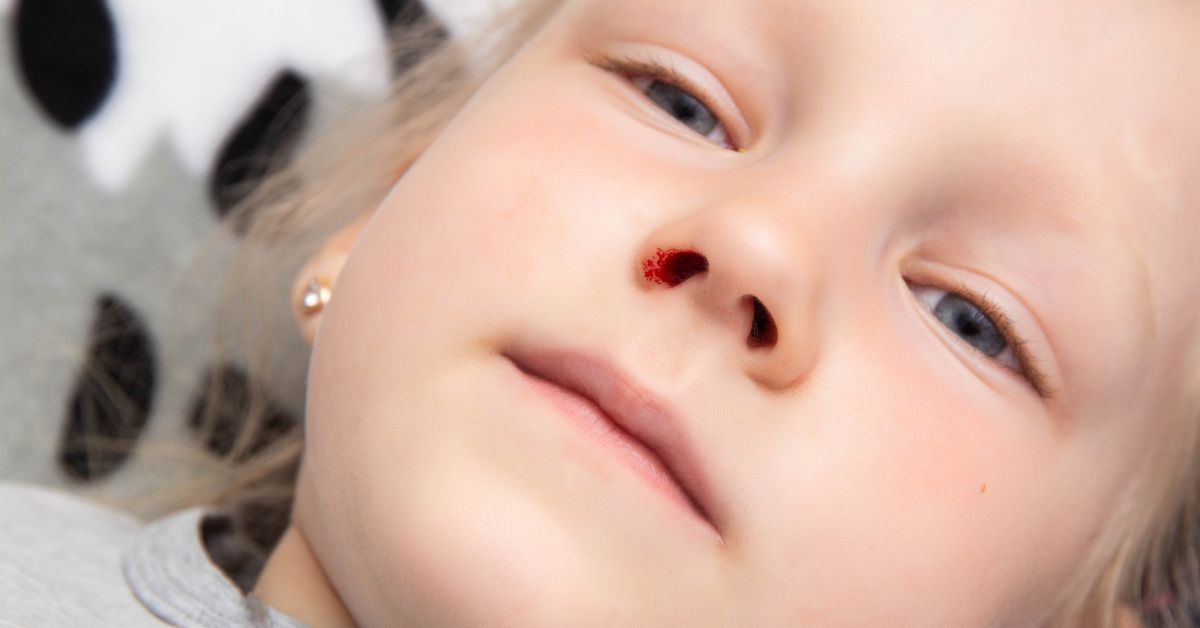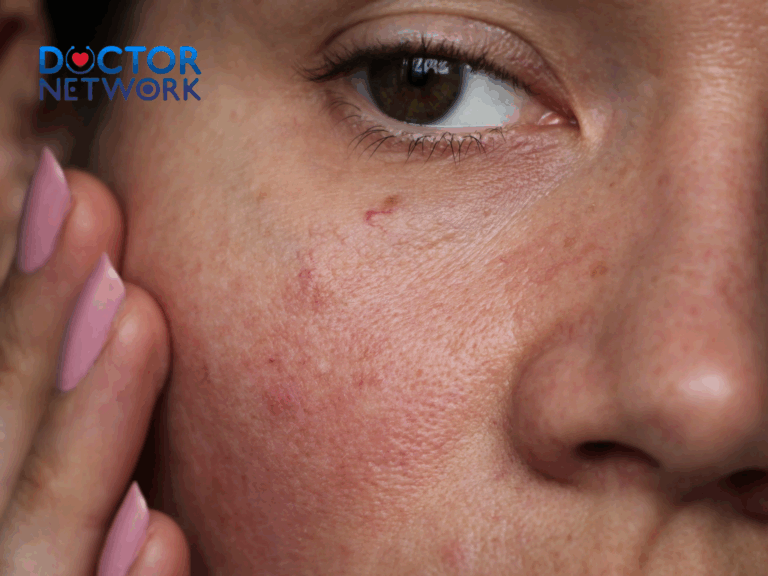Children, especially infants, often exhibit the phenomenon of “day-sleeping and night-waking,” causing fatigue for both the child and the parents. However, establishing a good and deep sleep routine for the child is crucial for their overall development. Before turning to modern medical methods, many parents prefer “traditional remedies for day-sleeping and night-waking in children” due to their simplicity, safety, and effectiveness passed down through generations.
Causes of nighttime sleep difficulties in children
- Natural Circadian Rhythm: Infants have not yet fully developed the day-night circadian rhythm as adults.
- Surrounding Environment: Light, noise, and inappropriate room temperature can cause sleep difficulties.
- Discomfort: Conditions such as bloating, teething, and itching can make it hard for the baby to sleep.
- Lack of Consistent Routine: Irregular sleep schedules make it difficult for the child’s body to adapt.
- Excessive Daytime Activity: High activity levels before bedtime can lead to difficulty falling asleep and disturbed sleep.

Excessive Daytime Activity
Traditional remedies for day-sleeping and night-waking in children
- Massage Before Bed: Gentle massage helps relax the child’s muscles and reduce stress, making it easier to fall asleep. A 2018 study in the Journal of Traditional Medicine demonstrated the positive effects of massage on improving sleep in young children.
- “traditional remedies for day-sleeping and night-waking in children” – Consistent Sleep Routine: Putting the child to bed and waking them up at the same time every day helps regulate the circadian rhythm, making the child sleepier at night.
- “traditional remedies for day-sleeping and night-waking in children” – Balanced Diet: Choose easily digestible foods for the child in the evening, and avoid letting the child go to bed too hungry or too full.

“traditional remedies for day-sleeping and night-waking in children“
- Ideal Sleep Environment: The bedroom should be quiet, with dim lighting or soft ambient light, and a cool temperature.
- Warm Bath: Warm water helps the child relax, feel comfortable, and fall asleep more easily.
- “traditional remedies for day-sleeping and night-waking in children” -Use of Essential Oils: Certain essential oils, such as lavender and chamomile, have mild sedative effects and can be used to scent the room or add a few drops to the bath (ensure the oils are safe for young children).
- Soothing Lullabies: Gentle, simple melodies can help calm the child and facilitate easier sleep.
Important considerations when applying “traditional remedies for day-sleeping and night-waking in children“
- Infants: The day-night circadian rhythm of infants is often not stable, so patience is required when applying these remedies.
- Serious Conditions: If the child shows persistent sleep difficulties, sleeps too little, or has other unusual symptoms, take the child to a pediatrician to rule out underlying health issues.
- Persistence: Establishing a healthy sleep routine for the child requires time and consistent effort from the parents.
- Combining Methods: Various traditional remedies can be combined to find the most suitable and effective solution for your child.
“traditional remedies for day-sleeping and night-waking in children” are simple, safe methods that can positively impact improving the child’s sleep. Alongside these remedies, parents should also educate themselves on scientific knowledge about child sleep and seek medical advice if sleep problems persist or there are concerning symptoms.
Common questions about “traditional remedies for day-sleeping and night-waking in children“
At what age can traditional remedies be applied?
For infants under 3 months, the day-night rhythm is not yet developed, so these remedies may be less effective. From 3 months onwards, parents can start combining traditional remedies like massage, adjusting the sleep environment, and creating a consistent bedtime routine to improve sleep.
Can traditional remedies address night-time crying?
Traditional remedies support relaxation and help the child fall asleep, but if night-time crying is severe or persistent, parents should consult a doctor to determine the cause (colic, discomfort, etc.) and appropriate treatment.
Is it advisable for infants to sleep in a hammock?
Using a hammock is a common practice, but gentle rocking is advised. Excessive or prolonged rocking can affect the infant’s brain. This remedy helps the child relax but should not be overused, and parents should still encourage the child to sleep on a mattress or bed.

“traditional remedies for day-sleeping and night-waking in children“
Are there traditional remedies to reduce night waking?
Creating a consistent sleep routine, ensuring a balanced diet before bedtime (neither too hungry nor too full), and creating a comfortable sleep environment are traditional remedies that help reduce night waking. Additionally, parents should teach the child self-soothing skills to avoid forming bad habits like needing to be rocked to sleep.
Besides traditional remedies, what other methods can improve a child’s sleep?
Combine modern medical methods: If traditional remedies are insufficient, parents can consult a doctor about using probiotics to support digestion or melatonin (if prescribed) to improve the child’s sleep. Parents should also practice positive sleep hygiene principles to optimize the child’s sleep.
Scientific evidence related to
**Massage:**
– A 2018 study in the Journal of Traditional Medicine found that massage improves sleep quality in children, including sleep duration, deep sleep, and reducing night awakenings.
– A 2019 study in the Pediatric Journal showed that massage reduces crying and improves sleep in infants.
**Consistent Sleep Routine:**
– According to the American Academy of Pediatrics, children need 10 to 13 hours of sleep daily, depending on age. Establishing a regular sleep schedule, including consistent bedtime and wake-up times, improves sleep quality.
– A 2017 study in the Journal of Sleep Medicine found that children with regular sleep routines have better sleep and fewer sleep problems.
This article has provided information on “traditional remedies for day-sleeping and night-waking in children” and related knowledge. I hope it will be useful for you.
References:
Sleep Strategies for Children – Sleep Foundationsleepfoundation·2
Kiểm Duyệt Nội Dung
More than 10 years of marketing communications experience in the medical and health field.
Successfully deployed marketing communication activities, content development and social networking channels for hospital partners, clinics, doctors and medical professionals across the country.
More than 6 years of experience in organizing and producing leading prestigious medical programs in Vietnam, in collaboration with Ho Chi Minh City Television (HTV). Typical programs include Nhật Ký Blouse Trắng, Bác Sĩ Nói Gì, Alo Bác Sĩ Nghe, Nhật Ký Hạnh Phúc, Vui Khỏe Cùng Con, Bác Sỹ Mẹ, v.v.
Comprehensive cooperation with hundreds of hospitals and clinics, thousands of doctors and medical experts to join hands in building a medical content and service platform on the Doctor Network application.
































